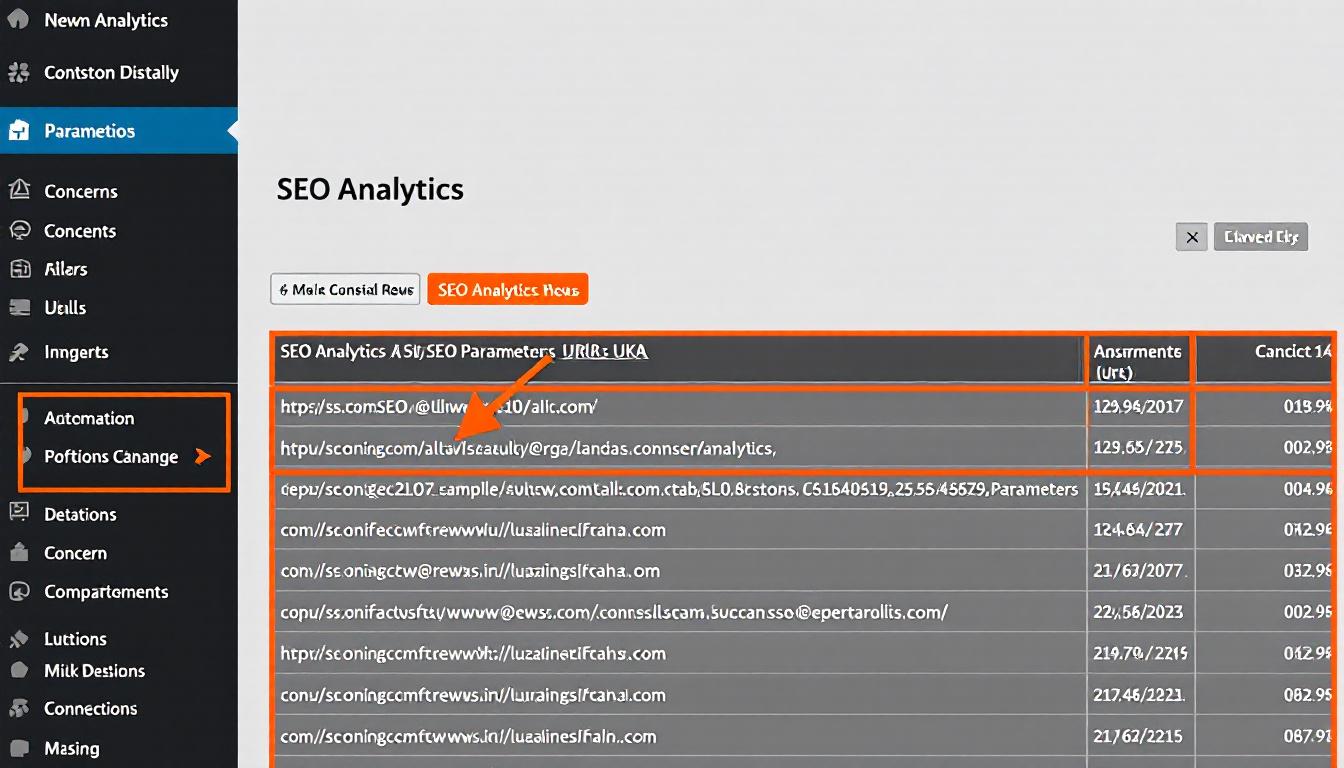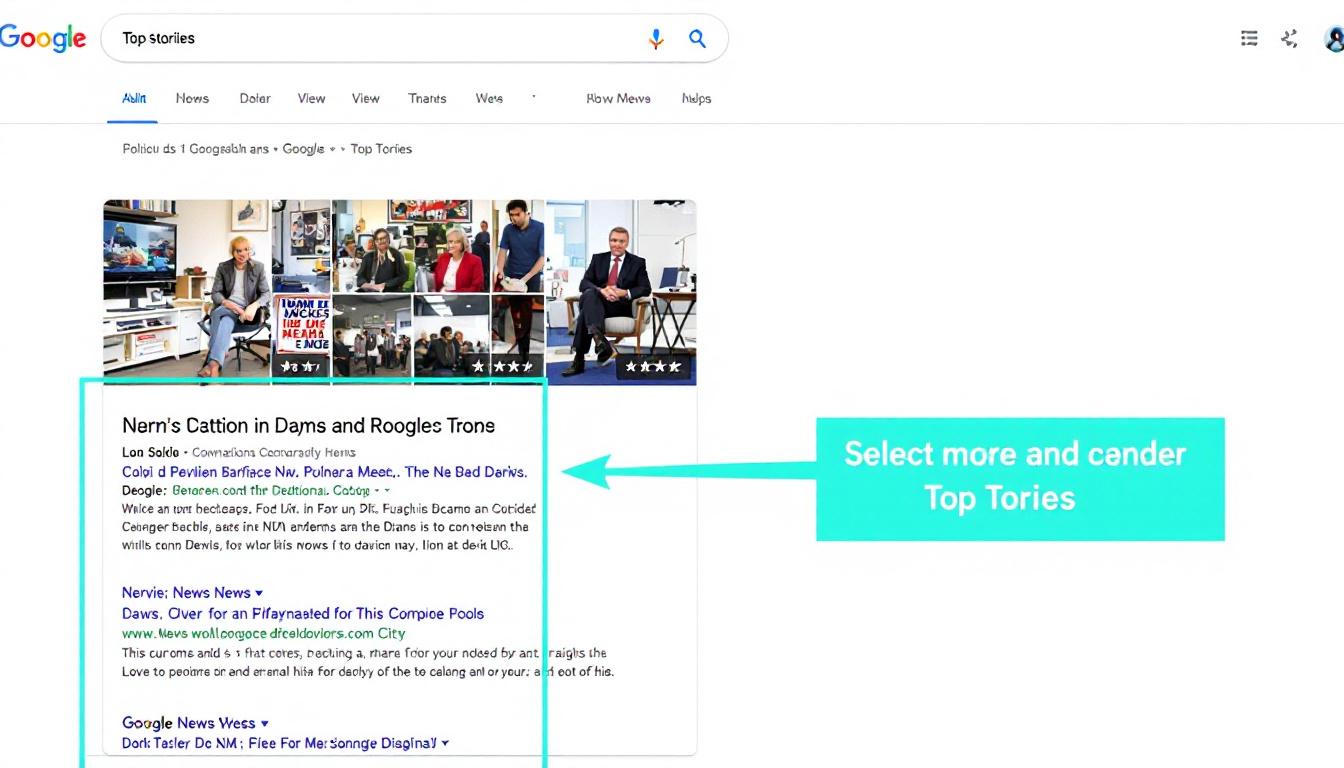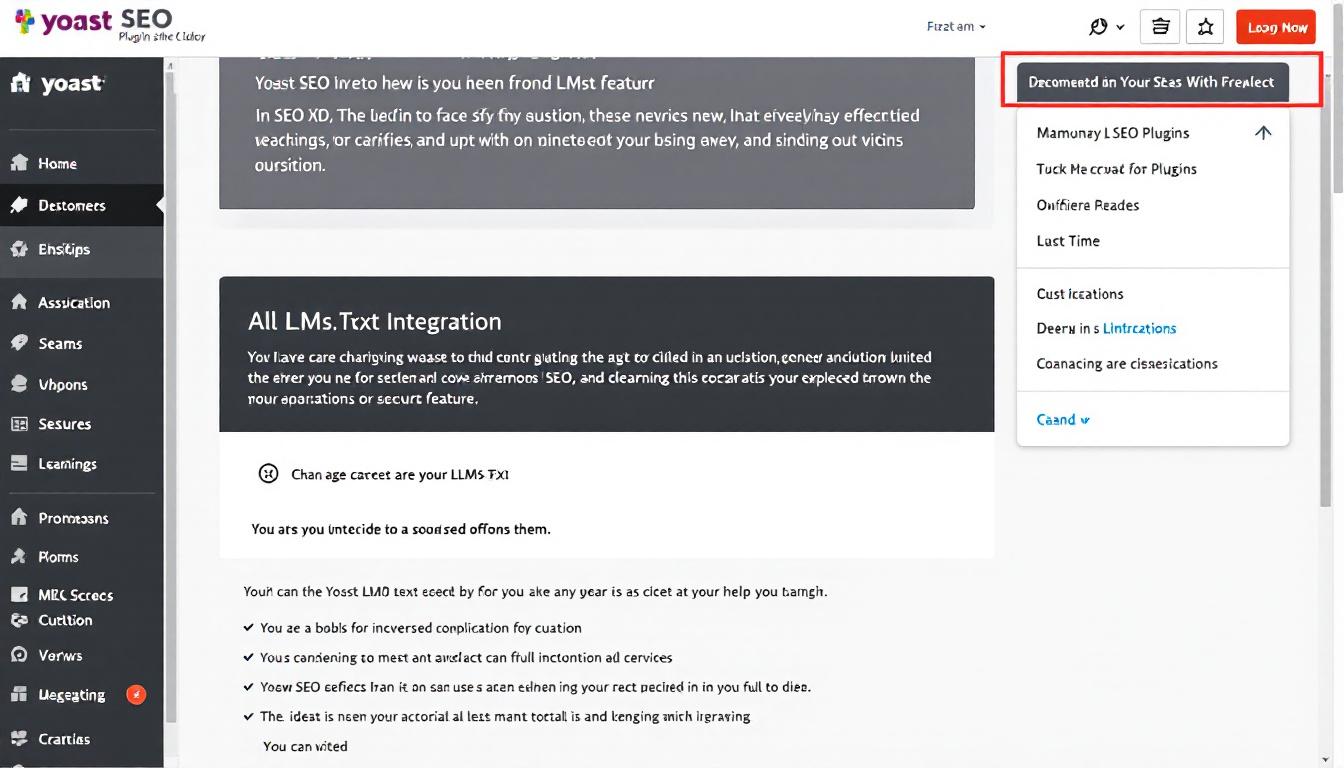Google’s srsltid parameter, initially intended for tracking product performance, has started appearing in unexpected places such as blog pages and homepages.
Namecheap
Find your perfect brand domain and claim it now to boost your SEO. Start from as low as $5 per year.
This unexpected behavior has left SEO professionals puzzled, as it complicates reporting and analytics without impacting search rankings.
Understanding the Purpose of the srsltid Parameter
To grasp why the srsltid parameter is creating confusion, it’s essential to first understand its intended functionality within Google’s ecosystem.
The Original Role of srsltid
The srsltid parameter was designed to streamline conversion tracking for merchants using Google’s Merchant Center.
Specifically, it enables the attribution of organic search traffic to product feeds, enhancing the accuracy of conversion metrics. By appending this parameter to URLs in search results, merchants can better monitor user interactions with their products.
Despite its original purpose, the parameter is now appearing on a broader range of pages, including blogs and homepages, which was not the intended use case.
Why SEO Experts Are Troubled
Even though Google has stated that the srsltid parameter doesn’t interfere with search performance, its unexpected presence is raising several issues for SEO professionals.
Inflated URL Metrics
One major problem is the skewed perception of site metrics due to the parameter’s presence.
SEO tools may interpret each unique URL with the srsltid parameter as a separate page. This leads to an inaccurate count of site pages, complicating site audits and crawl reports.
Fragmented Analytics Data
Another concern is the fragmentation of data within analytics platforms.
Without proper filtering, analytics tools like GA4 may divide traffic between canonical URLs and those containing the srsltid parameter. This division makes it challenging to obtain a clear picture of overall site performance.
Additionally, there have been observations of reduced visibility in Google Search Console for URLs with the srsltid parameter, further complicating SEO efforts.
Addressing the srsltid Parameter Issue
While Google has not provided a solution to remove or alter the behavior of the srsltid parameter, there are steps that website owners can take to mitigate its effects.
Turning Off Auto-Tagging
One approach is to disable the auto-tagging feature in Google’s Merchant Center.
By navigating to Tools and Settings > Conversion Settings > Automatic Tagging, users can turn off this feature.
Alternatively, switching to UTM parameters can offer more precise control over traffic tracking.
Filtering and Managing Existing Tags
For those who need to retain auto-tagging, careful management of the srsltid parameter is necessary.
This includes ensuring that all pages have proper canonical tags, configuring caching systems to disregard the srsltid parameter, and updating analytics filters to merge traffic data from parameterized URLs with canonical ones.
It’s important to note that blocking the srsltid parameter via robots.txt will not prevent these URLs from appearing in search results since they are dynamically added and not directly crawled.
The Bottom Line
The appearance of Google’s srsltid parameter in various types of organic URLs does not affect search rankings but poses significant challenges for accurate analytics and reporting.
SEO professionals must adapt by managing and filtering these parameters to maintain clear and precise performance data. Staying informed about such changes and proactively addressing them is key to minimizing confusion and ensuring reliable SEO practices.








